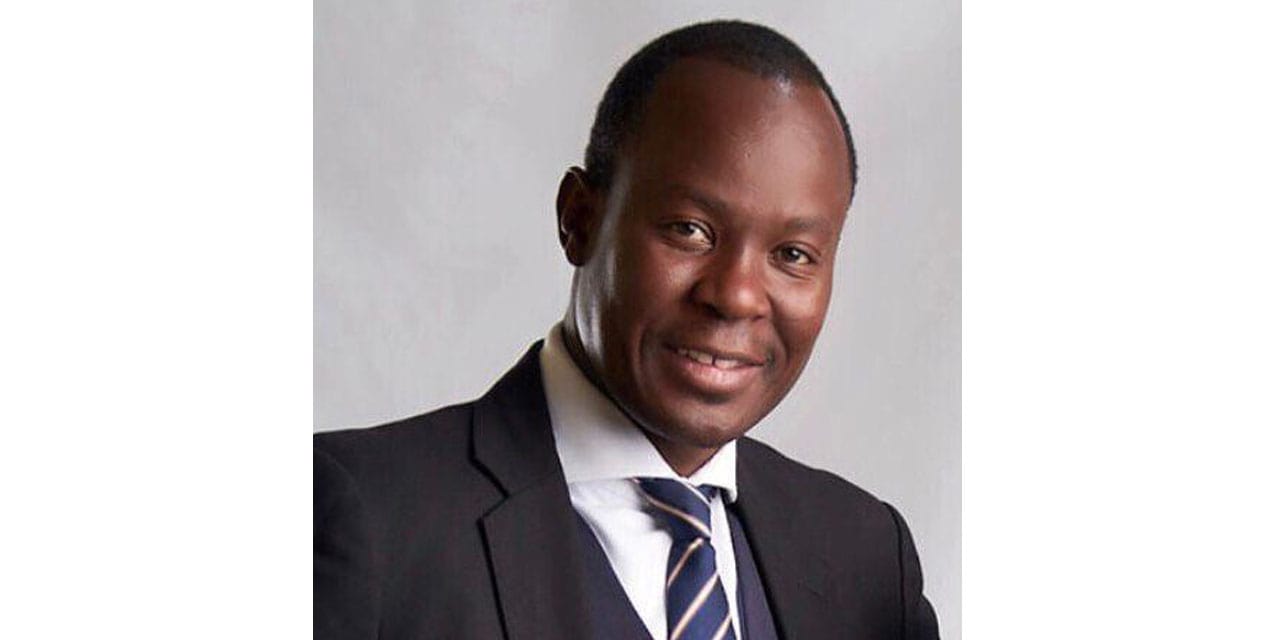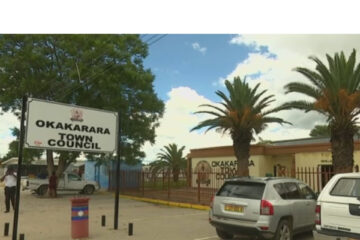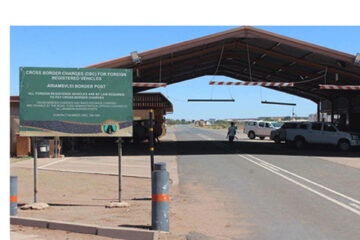Stefanus Nashama
Member of Parliament, Vipuakuje Muharukua, says the authors of the Namibian Constitution have omitted to recognize the Herero and Nama Genocide that occurred in Namibia between 1904 and 1908.
“This makes someone wonder if the genocide has a specific recognition in the history of Namibia,” Muharukua argued during his contribution to the motion tabled in Parliament on Tuesday, titled ‘Building a Memorial Genocide Museum.
He stated that the Namibian Constitution does not recognize the genocide as a dark event and as part of Namibian History.
“We are still calling for it to be recognized as part of Namibian History and invented in the Namibian Constitution,” Muharukua said.
Muharukua also said that genocide is forgotten both in the education system, constitution and statues erected.
He urged that when the government is negotiating the genocide reparations on behalf of the Namibian people, they should not forget that those actions speak in the minds of Namibians, especially the affected communities.
Muharukua further urged Parliamentarians to be sincere and support one another when dealing with the issue of genocide.
“Namibians, we are each other’s keepers, we should work together. An injury to one, an injury to all,” he reiterated.
The parliamentarian said all Namibians were affected by the genocide, However not all Namibians were affected in the same manner and expression.
“Some people have intentionally benefited from the genocide, and that is a fact. That is why the perpetrators of Genocide took the land, cattle and properties,” he stressed adding that: “There are also Namibians in our social and cultural divides who have benefited from the Genocide unintentionally.”
He called for sincere support from those who benefited from the land and properties because of the genocide.
Meanwhile, the Deputy Minister of Health and Social Services, Esther Muinjangue, proposed that if the genocide is recognized as an important event, then it should be part of the education curriculum.
Parliamentarian, Tobie Aupindi also contributed to the motion by saying that building a Genocide Museum will bring dignity to those who have fallen in the quest for the long and bitter struggle against the German imperialists.
“A Genocide Museum will add another positivity to the history of Namibia. There is no need to limit ourselves to only one Genocide Museum for every soul lost during those awful years is a solemn reminder of who we are as people,” he stated.
Aupindi said that the responsibility of bringing and recording Namibia’s history lies in the hands of all its people, particularly, the younger generations.
“The time for the blames is over,” he said.




